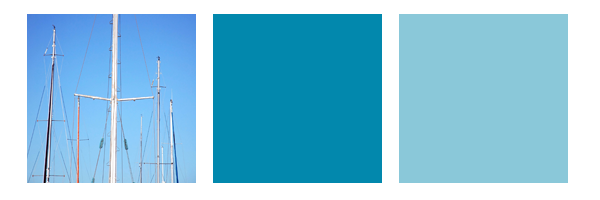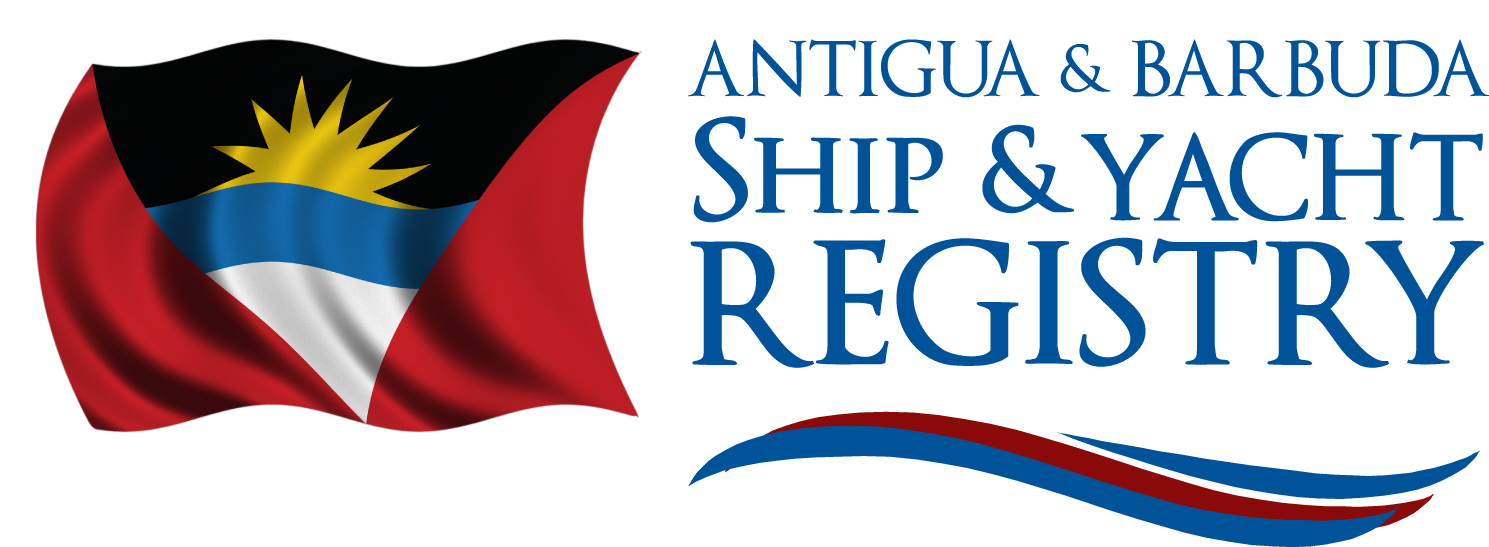Commercial Yachts
Commercial yachts are yachts that engage in any kind of commercial activity for reward. This includes chartering.
Because such vessels are not “Pleasure Yachts” they fall within the scope of the international conventions governing shipping standards and they must comply with various safety standards. To make this process easier, Antigua and Barbuda has adopted into its law two essential and commonly use Codes which are internationally accepted as equivalent arrangements to the international conventions and which have been notified as such to the IMO. They are designed with the particular requirements of commercially operating yachts in mind.
Antigua and Barbuda offers a reputable option for the registry of commercial yachts.
The requirements for registry are common to all vessel types. The full details are in the Merchant Shipping Act but in summary a vessel may be registered in Antigua and Barbuda if the owner is either:
- A Citizen of Antigua and Barbuda or of a Member State of the Caribbean Community or the Organisation of Eastern Caribbean States.
- A legal corporate body in Antigua and Barbuda,
- A corporation registered under the International Business Corporation Act,
- A corporate body or a partnership concern registered elsewhere which is registered under the Companies Act.
Creating an IBC (International Business Company) under the International Business Corporation Act or registering an external company are the two easiest and simplest ways for international shipping companies to meet the ownership requirements.
Procedures
The procedure for registry of a commercial yacht is very simple and requires the submission of a set of straightforward documents intended to:
- Prove ownership, which may be a Bill of sale, or a paid receipt for new boats or a builder’s certificate in the case of a newbuilding.
- Prove deletion from a previous registry if there is one, this is normally a certificate of deletion or a closed transcript,
- Prove eligibility which may be a copy of a passport for CARICOM nationals, or a copy of the certificate of Incorporation for corporate entities.
- Prove good standing of the owning company if it is more than 12 months old.
Where documents are submitted by post they need to be notarised copies but where the registry is transacted in person at the Antigua and Barbuda registry offices we will make copies of original documents here. An application form is available for registry on the forms page of this website in which fuller details of the documents to be submitted are provided.
Because a commercial yacht is required to meet a set of safety standards the full registry as a commercial yacht cannot be processed until the yacht is confirmed as meeting the requisite standards. During the period between application for registry and confirmation that the yacht meets the standards she can be provisionally registered as a commercial yacht but she may not charter until the safety certification is issued.
Policies
Commercial yachts operate commercially, that is, they charter or otherwise receive money for providing services. The fees for commercial yacht registry are modest and the process can be completed very quickly. Registry also allows the owner at any time, to demonstrate his legal ownership of the yacht which is helpful in the event that he wishes to sell it.
For commercial operations the yacht must comply with one of two certification options:
- For yachts under 24 metres in length – Compliance with the “Small Commercial Vessel and Pilot Boat Code” .
- For yachts over 24 metres in length,- Compliance with the “large Yacht Code” (LY2).
Additionally yachts of over 500 GT must be classed with one of the authorised Classification Societies.
Because commercial yachts are not pleasure yachts they are affected by the maritime conventions and must carry a range of international certificates. As a basic outline guide:
- Yachts over 24 metres (loadline length) must have an International Loadline certificate;
- New Yachts over 200 GT and yachts under 200 GT carrying more than 10 persons need an International Sewage Pollution Prevention certificate
- Yachts over 300 GT need a Cargo Ship Safety Radio certificate,
- Yachts over 400 GT need to have an International Oil Pollution Prevention certificate (IOPP Certificate), and an International Air Pollution Prevention certificate (IAPP) .
- Yachts over 500 GT need a Cargo Ship Safety Construction certificate, a Cargo Ship Safety Equipment certificate, an International Safety Management certificate, and an International Ship Security certificate.
All of these certificates can be issued by one of the recognised organisations.
Yachts that are not classed with one of the Recognised Organisations.
Antigua and Barbuda has an agreement with:
International yacht Bureau – www.yachtbureau.org (IYB)
for the survey and certification of commercial yachts under both the Small Commercial Vessel and Pilot Boat Code, or the Large Yacht Code.
IYB is able to undertake full certification including tonnage, loadline, stability assessment, MARPOL and Code certification for commercial yachts of under 500 GT. Only the Safe Manning Document, and the bunkers certificate (if required) need to be issued by ADOMS. Initial and annual surveys can be undertaken by IYB who have surveyors stationed widely around the world. To arrange survey and certification owners should contact IYB directly.
In the case of newbuildings ADOMS can arrange for necessary site vsiits and certification to be undertaken by an IYB surveyor.
IYB is also authorised to conduct ISM and ISPS audits and inspections and DOC audits on behalf of Antigua and Barbuda.
Surveys and Inspections for Small Craft and Commercial Yachts outside Antigua and the CARICOM area are provided by the above listed organizations. Regular SCV-Inspection fees are not applicable. Owners/managers should therefore contact these organizations for applicable rates and scheduling the relevant inspection
For surveys and inspections within the CARICOM area, ADOMS Technical Division (technical@abregistry.ag) should be contacted. ADOMS regular SCV-Inspection fees do apply, travel and any further expenditure is charged extra. Alternatively, owners/managers may also contact the organizations listed above
Equivalent arrangements
For each certificate – where compliance with the LY2 Code allows an alternative to the Convention requirements, this can be stated on the certificate. For compliance with the STCW Convention, where crew members may have certification as described in the LY2 and not the full STCW certification, a Certificate of Compliance with LY2 can be issued to permit this.


